
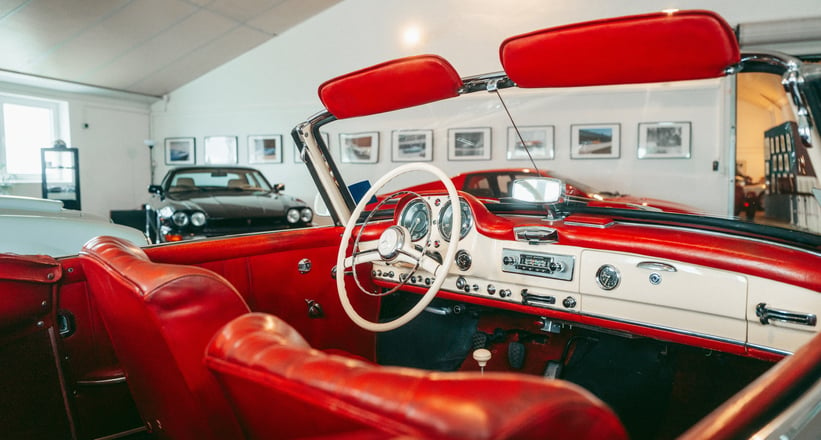
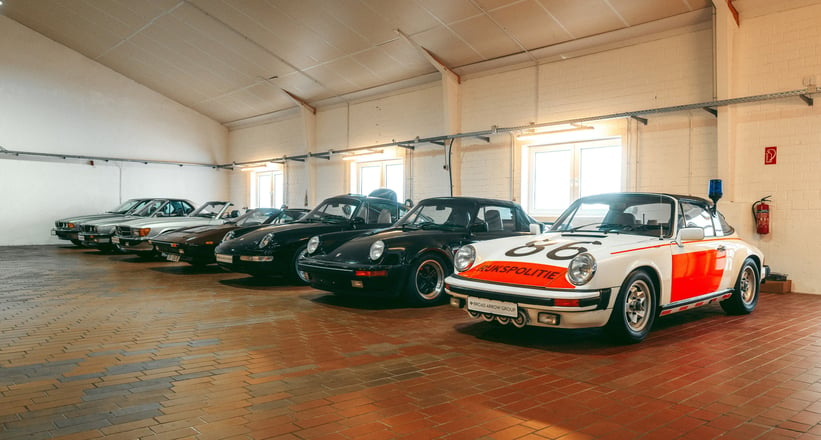
Please tell us a bit about the history of Broad Arrow Group and how you started in your role at the company.
Broad Arrow Group (BAG) was founded in 2021 by veteran professionals of the classic car industry. They had their first full business year in 2022, which also marked their first Monterey Jet Center auction at Pebble Beach. Earlier in 2022 Hagerty, the automotive lifestyle brand and specialty insurer, bought 40% of Broad Arrow Group. Later that year they acquired the remaining 60% and Broad Arrow Group became a part of the Hagerty ecosystem providing services to the car enthusiast community.
I had already known some of the Broad Arrow Group team members for years. I met with some of the partners at the start of 2023 when the team was in Paris and we decided to join forces. I really liked the people and their approach to business. They are very experienced and know what they’re doing. In addition, they’re not focused on just sales, but are really interested in growing and maintaining a great relationship with their clients, both buyers and sellers, and offer a real benefit to them.
So really BAG is involved in far more than just auctions…
The three pillars of the company are auctions, private sales, and financing. From the start, the goal was to have a global network of professionals to leverage with international subsidiaries. We have an office at the showroom here, so we also have a place to store 30 cars, we can transport them and have a lift. When people hear about Broad Arrow Group they might think it’s only auctions, but the private sales business is almost as big as the Auction side. In addition, our own financing business Broad Arrow Capital offers tailored loans and financing for qualifying high net worth clients, secured by their collectors cars.
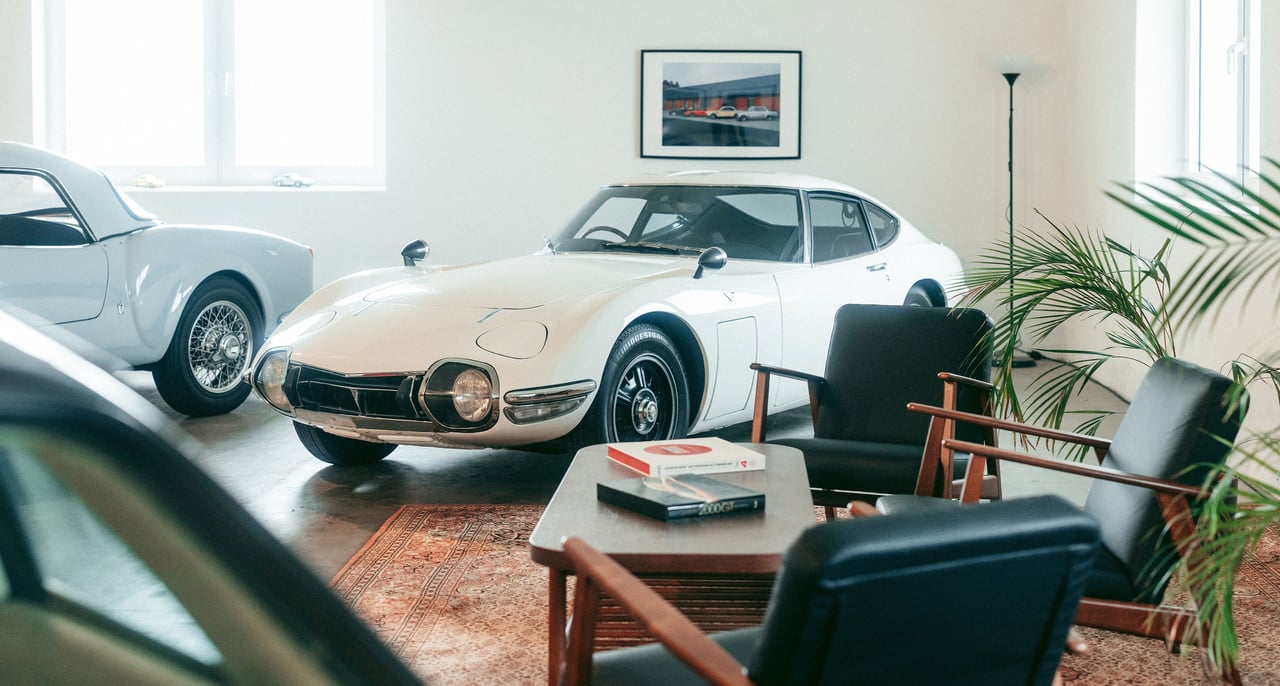
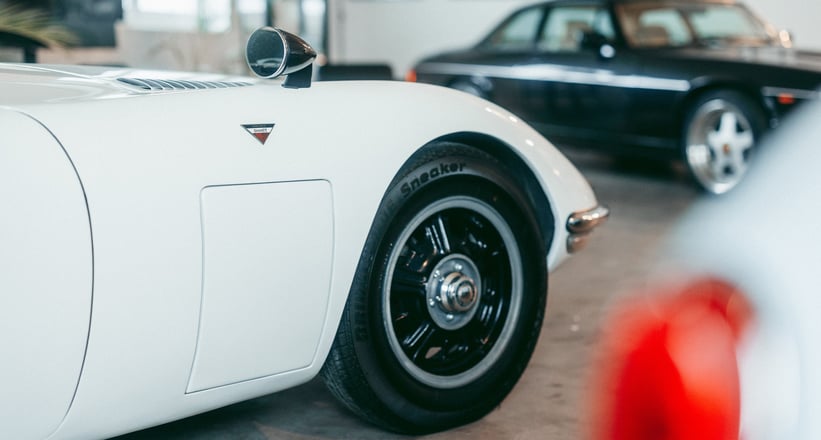
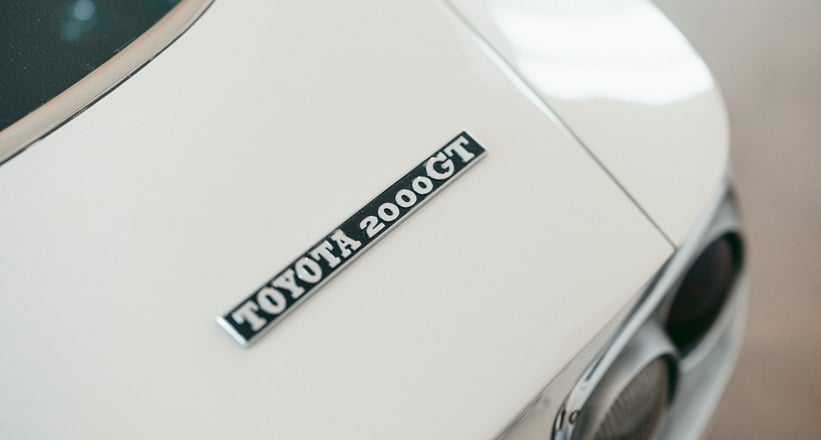
How would you describe the current state of the collector car market? Do you find cars are achieving higher values at auction compared with traditional sales routes?
I think it’s very diverse, we get this question a lot. What everybody is repeating is yes, on one hand you have a new generation interested in a different kind of car; sports cars from the 1980s and 1990s like BMW M cars, Ferrari Testarossas, and Lamborghinis. Cars from the 1950s for example no longer have many people with nostalgic feelings about them; but there are many cars that do not need this bonus as they shine on their own like a BMW 507, a Mercedes-Benz 300 SL, Lancia B24 etc. Regular cars like a standard Mercedes Ponton sedans are more difficult to sell though.
Now that EVs are more prevalent in the market, I am noticing more people buying ICE cars for the weekend as a fun project or toy. We’re also seeing new more casual car events like Sundowners and Cars and Coffee. The cars we sell also give you access to those events and the scene, and that has always been a part of their appeal.
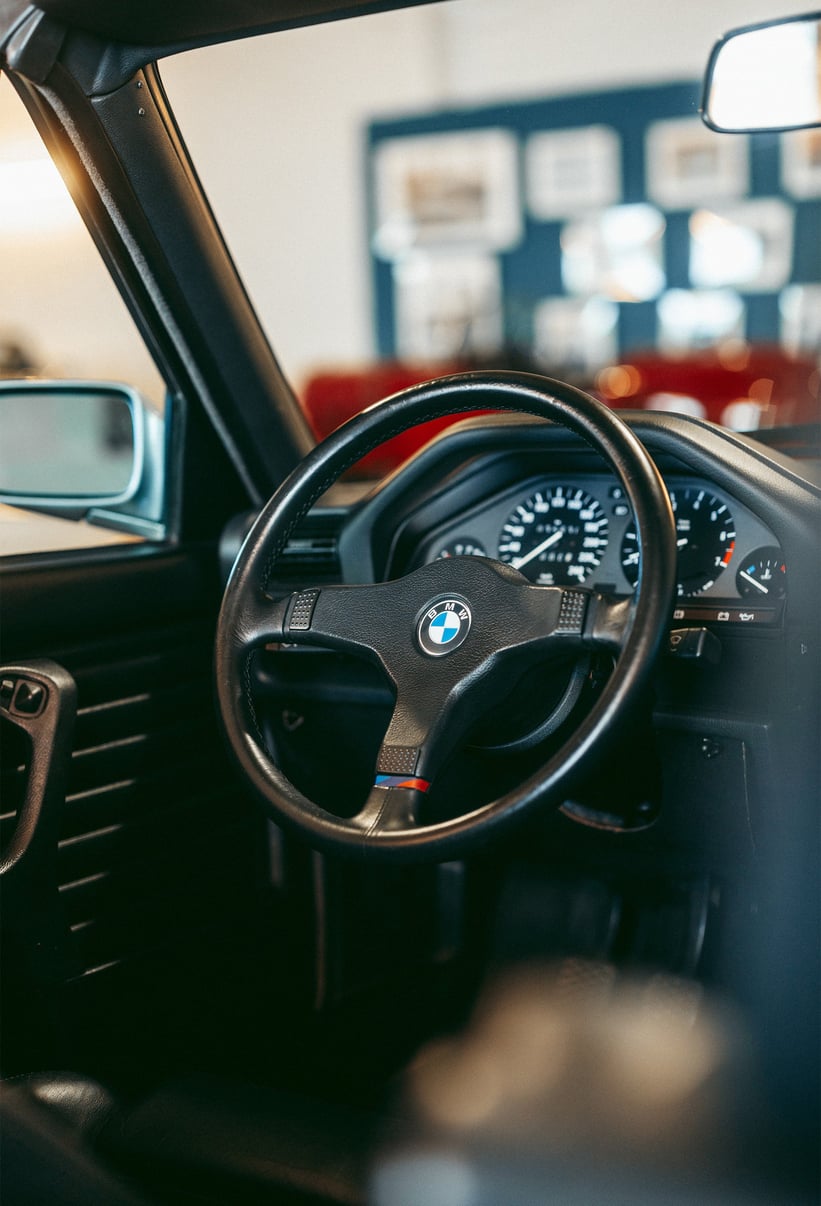
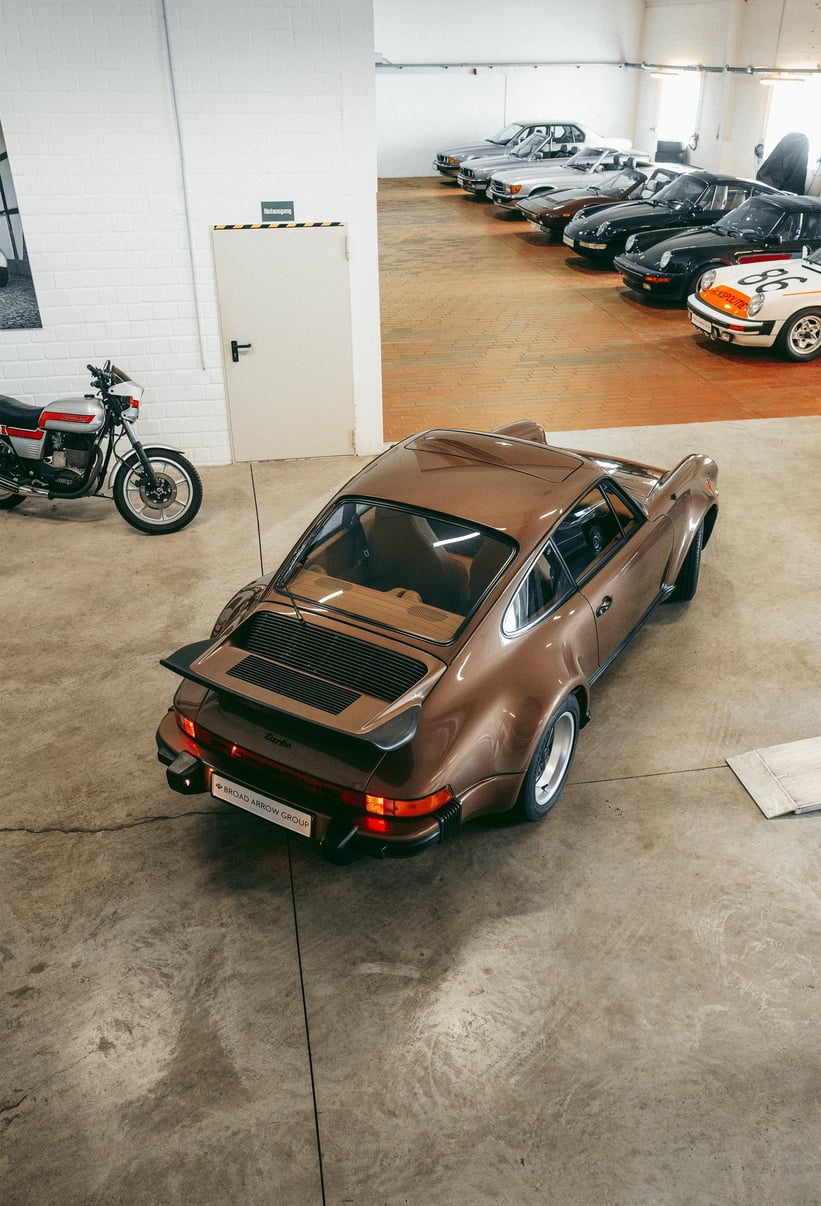
What goes into consigning collector cars for auction and what makes a good consignment specialist?
You have to develop a feeling for what is a good car and what isn’t, it’s just something that comes with experience and the ability to always learn. Usually, I instantly have a gut feeling, and normally my gut is right about certain cars. You have to have the experience around what is important to know these things, for example, something that might be important on a Porsche might not apply to a 1930s Bentley.
You need to also have a good instinct with people, have a good network, and know who you can trust. A lot of deals today happen internationally: the last two cars I sold went to opposite parts of the world and both cars weren’t inspected. Of course, modern technology also helps - sending videos etc. Having a good network and reputation is really important for a senior classic car specialist.
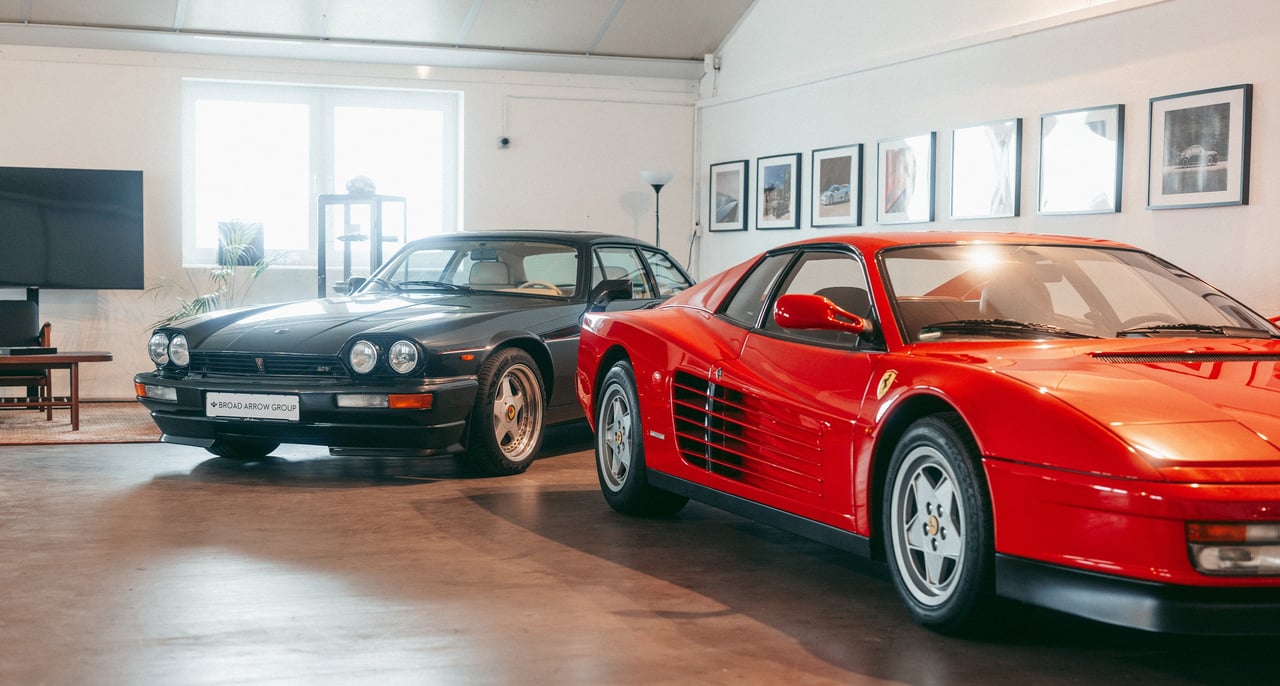

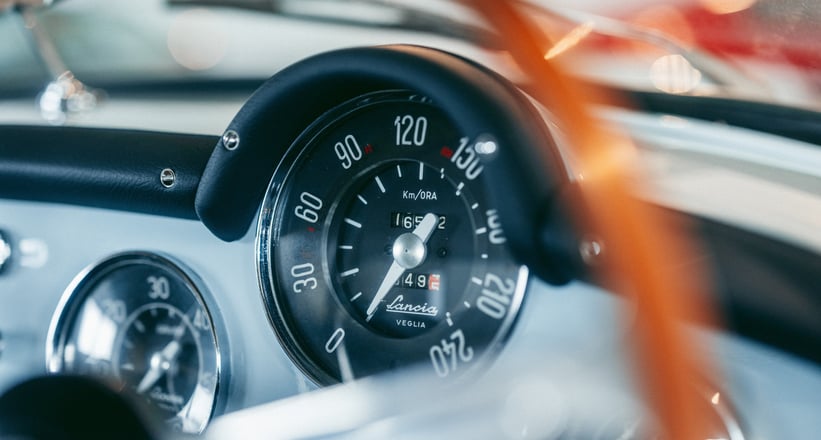
And what would you say to our younger readers looking to work in the industry?
For a junior, the main thing is that you’re clever, motivated, willing to work hard and that you really love cars. Cars have been my hobby 24/7. If you don’t share the same passion you’ll never learn as much. Then there’s always the usual good business ethic: be on time, be precise. It’s about reliability and accountability. The handshake has to be as good as a written contract. There’s also a need for a healthy understanding of legal requirements, so it takes expertise in a lot of different areas. One of the benefits of Broad Arrow Group is that we have specialists in all these different models and marques, so within the company we can ask other colleagues for advice.
How does the collector car market in the United States compare to that of Europe?
The mentality of the buyers is generally a bit different between the US and Europe, but there are also local differences in the EU or even within a country. For example, US buyers are sometimes more at ease with paying a premium for the perfect example.
Right now, I can see that the American market is a bit stronger for some models. Some factors like high energy prices and the war in the Ukraine affect European economies more than the USA. In addition, the US-Dollar is strong, and we sell cars back to the USA that have been imported from the USA a few years back. In the end, we are specialised in the rare and exclusive cars that are not easily available everywhere. So, if the perfect example is in the USA we can source it and vice versa.
Because BAG is one of the few companies with bases both in the USA and in Europe we offer a big advantage for clients from both sides of the Atlantic.
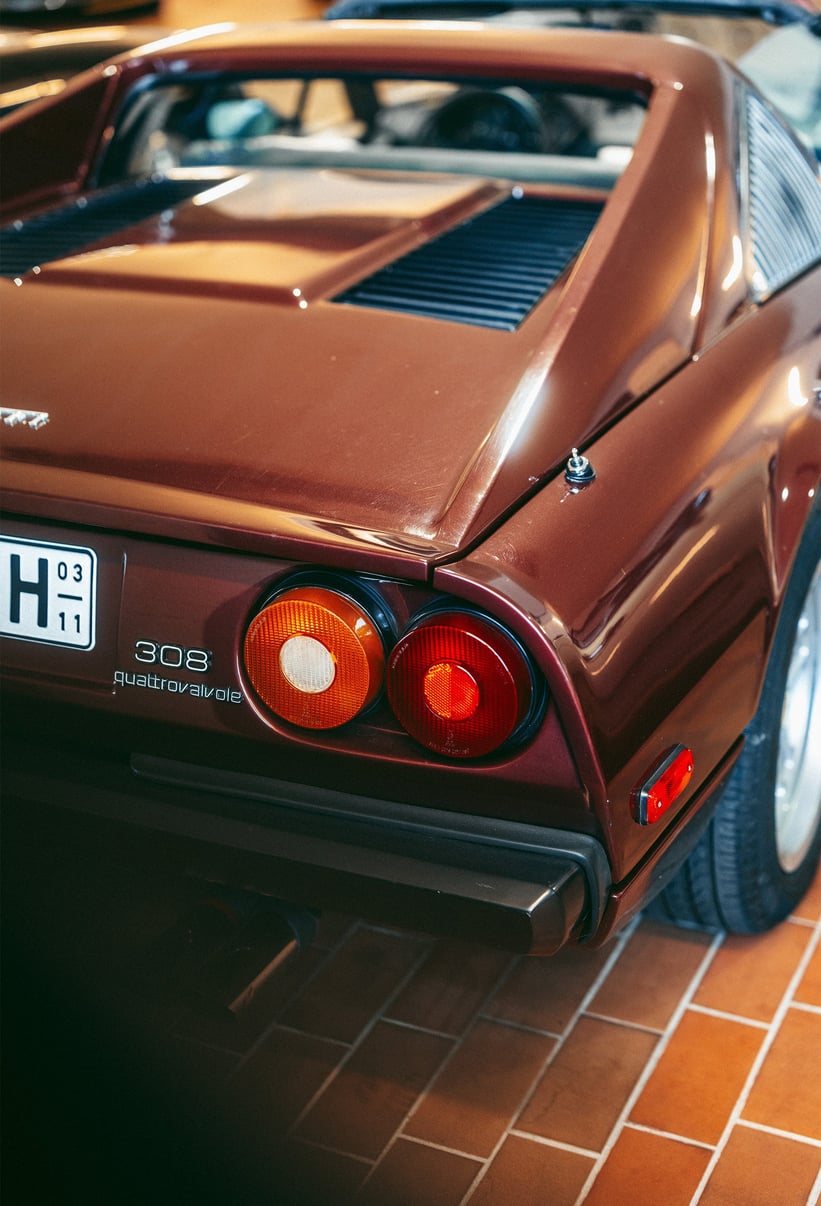

Which cars do you anticipate generating the most excitement in the next few years?
The top models of the 1980s and 1990s will continue to generate further interest. The Lamborghini Countach and Diablo, the Ferrari F50s; Porsches up to the 997 etc. I think these are the last truly analogue cars and they represent the sweet spot for driver’s cars in terms of weight, handling, and power. I’ve driven a lot of cars that have 800 horsepower and most of the time you need electronics to keep you in a straight line. I find a 993 Turbo to be much more enjoyable than a modern supercar. There is a problem with some models where you can’t buy certain electronics, but more restoration companies are specialising in these modern cars and are providing alternative solutions, so this will also get better. We live in good times anyway as the manufacturing of spare parts for Classic Cars has become a lot easier.
I also think that cars with universal beauty will continue to appreciate, such as the coachbuilt Italian classics of the 1950s and 1960s. However, a lot of it has to do with numbers: the newer cars had larger production runs and are therefore less rare. Take the BMW 507 for example, they didn’t build many of them, whereas a Z8 is a cool car, but they built over 5000 of them, so that will prevent the values from reaching the millions. Even the coachbuilt pre-war cars, like the 6-cylinder compressor Mercedes, will do well because they have that rarity.
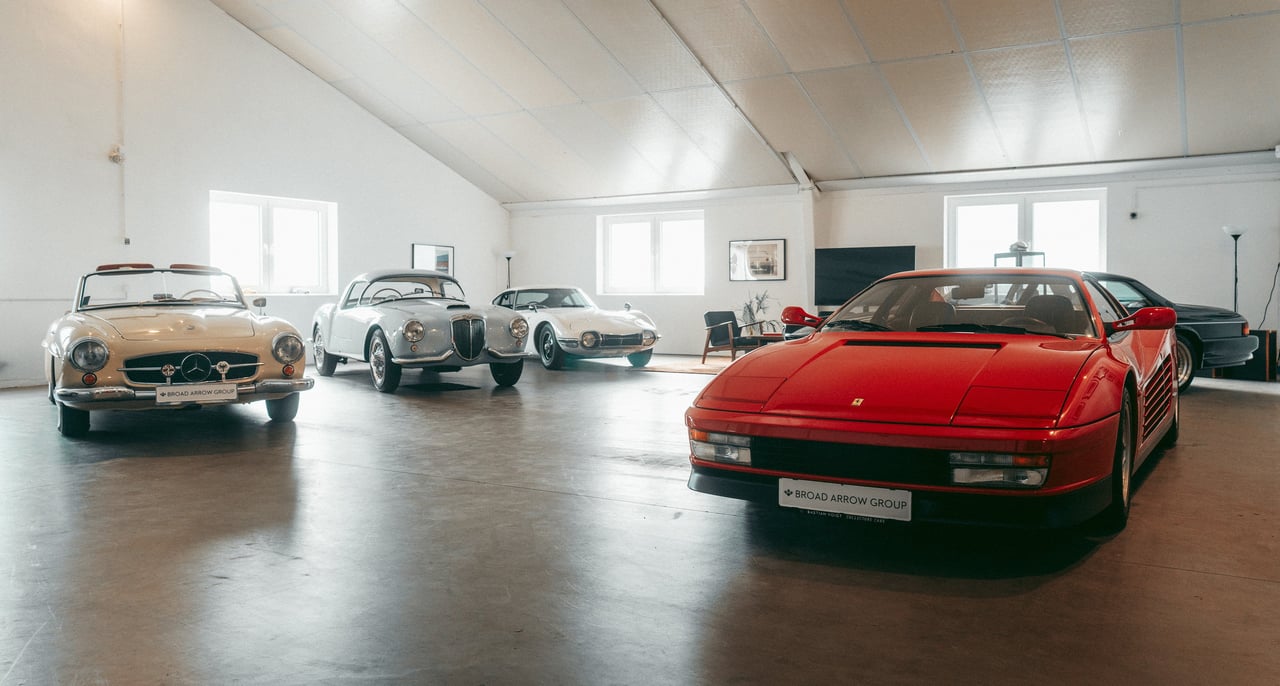

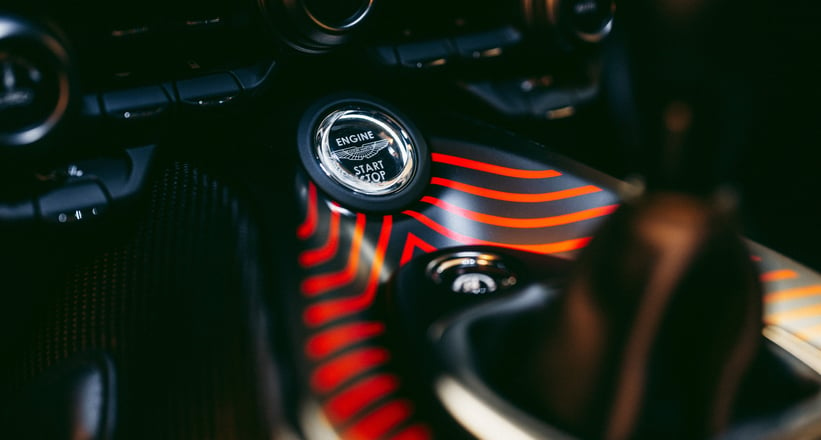
How has the rise in appreciation for JDM cars impacted the collector car market? Has it negatively impacted the values of contemporary European cars or is there so much demand it doesn’t matter?
It’s a completely different client base in most cases, the buyers interested in a Toyota Supra aren’t interested in a Ferrari 308. Most people here in Germany are interested in European cars, but there is a growing group — fans of Fast and Furious and Gran Turismo — who are interested, but it’s not as big in Europe as it is in the States.
The 2000GT and LFA are really great cars. We recently had a 2000GT here and I was able to really get to know the model for the first time. It’s beautiful, it’s well built, and it drives really well. The values are already reflecting this and we have just sold one via private sales and one at our Jet Center auction in Monterey. The same goes for the Lexus LFA. We’re already seeing very high prices on Skylines and Supras, but I think in the end they simply aren’t as exclusive as the Lambos and Ferraris. Many of JDM sports cars are mostly based on more pedestrian cars, and when you sit in them you can sense the difference. The Interior is usually a lot less special, but they drive great. Again, that is all a matter of personal taste and I can appreciate all kinds of car culture.
Which models would you currently consider a ‘bargain’ that our readers should try to snap up at auction before it’s too late?
I think the Ferrari 308 GTS is still great value for the money, it’s just a great all-round package. The E34 BMW M5 Touring is a really cool car as well and I personally like a lot of the small engined, coachbuilt Italian cars, like the Lancia Appia coupe or Flaminia convertible, or the Vignale Fiats. They look really cool and they’re really rare, but they’re priced quite low. Another favorite of mine is the Maserati Khamsin. There are not many in really good condition and with their design, the powerful engine and the very low production numbers, you will have a star at any car show.
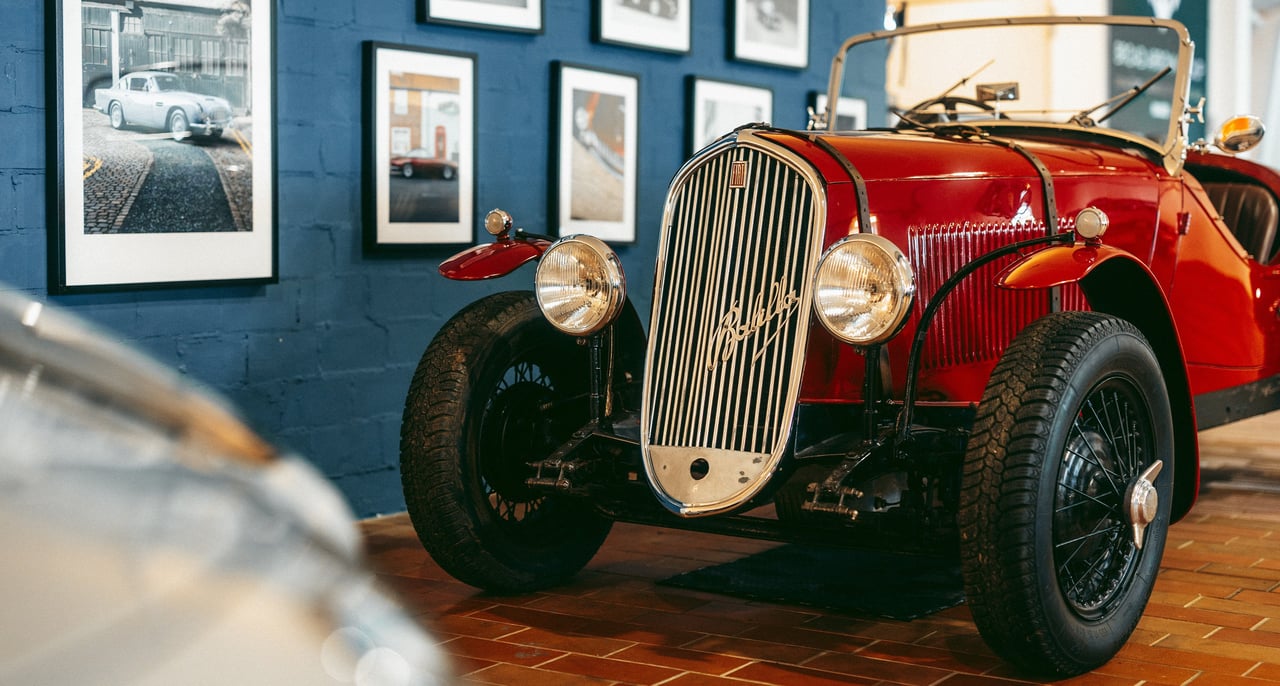
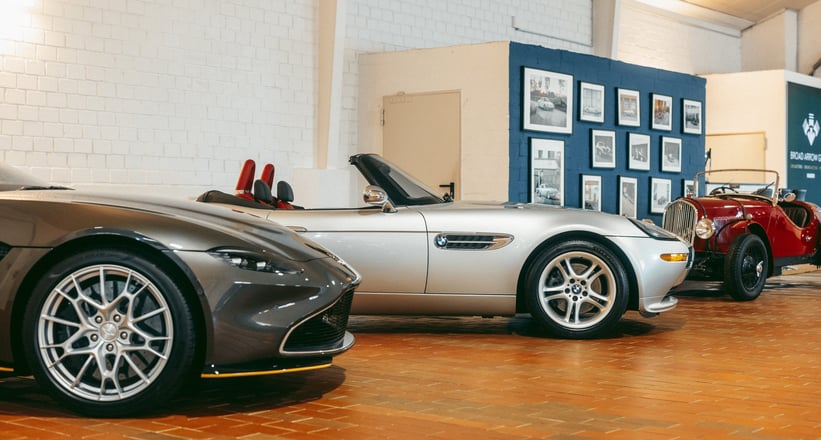

Lastly, do you see the record achieved by the Uhlenhaut coupe being broken any time soon?
I doubt it. I recall a conversation at a hotel bar with some industry veterans and collectors many years ago around what the most expensive car ever sold would be, and most of us answered one of the two Uhlenhaut Coupes. A big thing is that the car came straight from the factory, so there’s zero doubt about its provenance.
But even if many people always like to talk about record prices and trends, I always advise our clients to buy what you like. The biggest return you’ll ever get from your classic car is the smiles per kilometre they generate. And it is also about the people you will meet through your cars. There are few things as popular around the world as collector cars. No matter where you are, you’ll find people interested in cars. Perhaps only Football is the same in that regard.
Last but not least, cars are fun and accessible. You can just jump in and clear your mind. Apart from buying the car, the cost of entry is quite low compared to other hobbies. If you want to go sailing, for example, you need a lot of training, but you can enjoy a car straight away.
Photos by Keno Zache






















